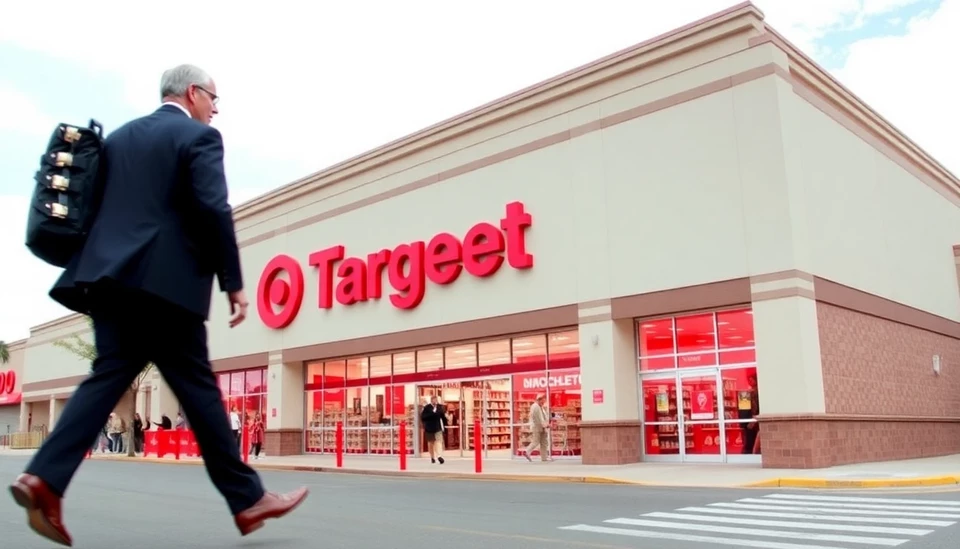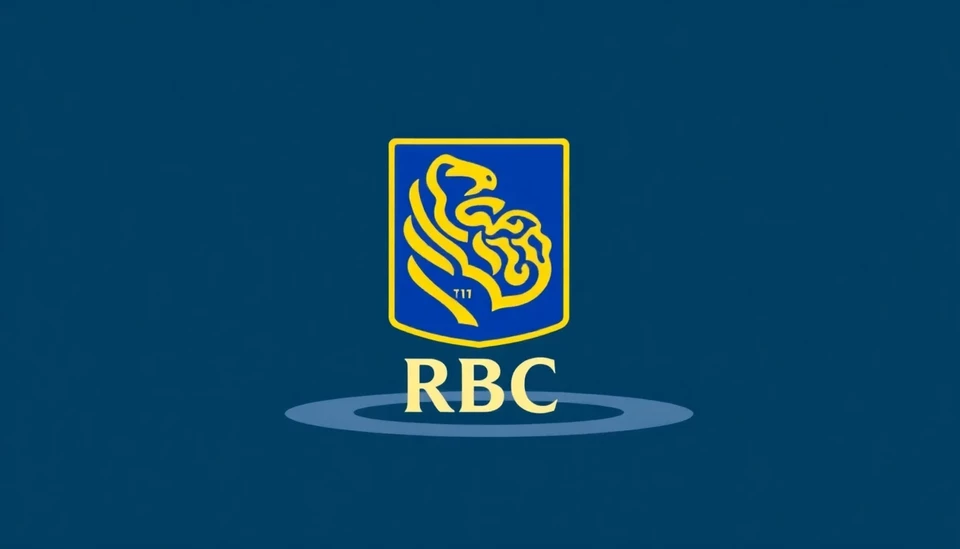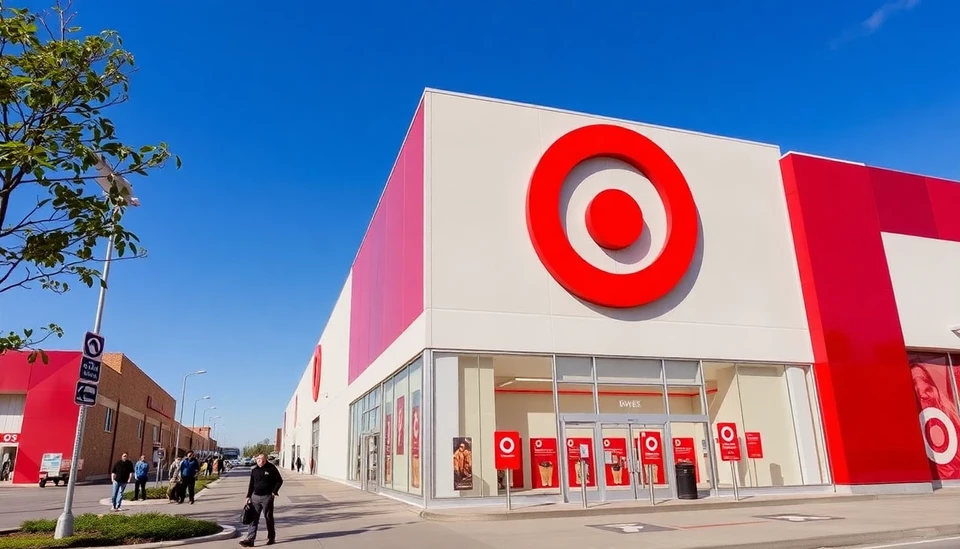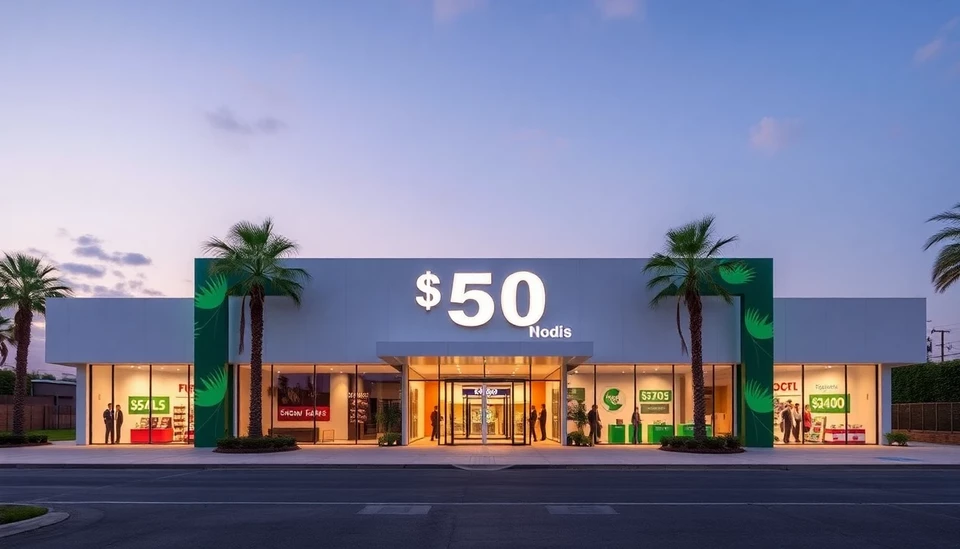
Target Corporation (TGT) has recently adjusted its profit outlook for the upcoming fiscal periods, attributing the modification to significant inventory buildups combined with elevated operational costs. This announcement comes as retailers brace for the complexities of preparing for the holiday shopping season, where consumer behavior has shown signs of shifting.
The Minnesota-based retailer revealed that its third-quarter profit was adversely affected by a substantial increase in excess stock, which, while aimed at meeting customer demand, led to unanticipated financial burdens. The company’s inventory levels swelled significantly compared to the prior year, prompting necessary steps to reduce surplus stock, including markdowns. These markdowns were introduced to stimulate sales but ultimately exerted pressure on profit margins.
In a statement regarding the revised expectations, Target projected adjusted earnings per share (EPS) for the fiscal year to be in the range of $5.00 to $5.50, a noticeable decrease from prior forecasts. Analysts had previously estimated earnings closer to $6.00 per share, illustrating a stark discrepancy and reflecting the financial strain the company currently faces.
To combat these challenges, Target is focusing on improving the efficiency of its inventory management systems. Strategies may include refining supply chain logistics and enhancing forecasting practices to better align stock levels with consumer demand. The company is also likely to prioritize streamlining operations to mitigate rising costs associated with logistics, labor, and procurement, which have all increased owing to inflationary pressures.
Retail analysts anticipate that this move by Target reflects a broader trend within the industry, as many retailers confront similar headwinds. The struggle of maintaining competitive pricing while managing expenses has become a crucial battleground as businesses aim to attract shoppers ahead of the bustling holiday season.
Following this news, Target's stock experienced fluctuations as investors reacted to the updates, with concerns regarding the company's ability to rebound from these financial challenges. The adjustments serve as a poignant reminder of the ongoing complexities retailers face in the current economic landscape, which has been marred by shifting consumer habits and inflationary pressures.
As the crucial holiday shopping period approaches, all eyes will be on Target and its competitors as they navigate these rough waters. The strategies implemented to tackle inventory and cost management will play a vital role in determining not only immediate financial performance but also the long-term sustainability of these retail giants in a rapidly changing market.
The coming months will be telling for the retail industry as companies like Target strive to balance customer demand with profitability, all while adapting to the unpredictable environment that has emerged post-pandemic.
#Target #RetailNews #StockMarket #EarningsUpdate #ConsumerTrends #FinancialOutlook #InventoryManagement #CostPressures #HolidayShopping
Author: John Harris




